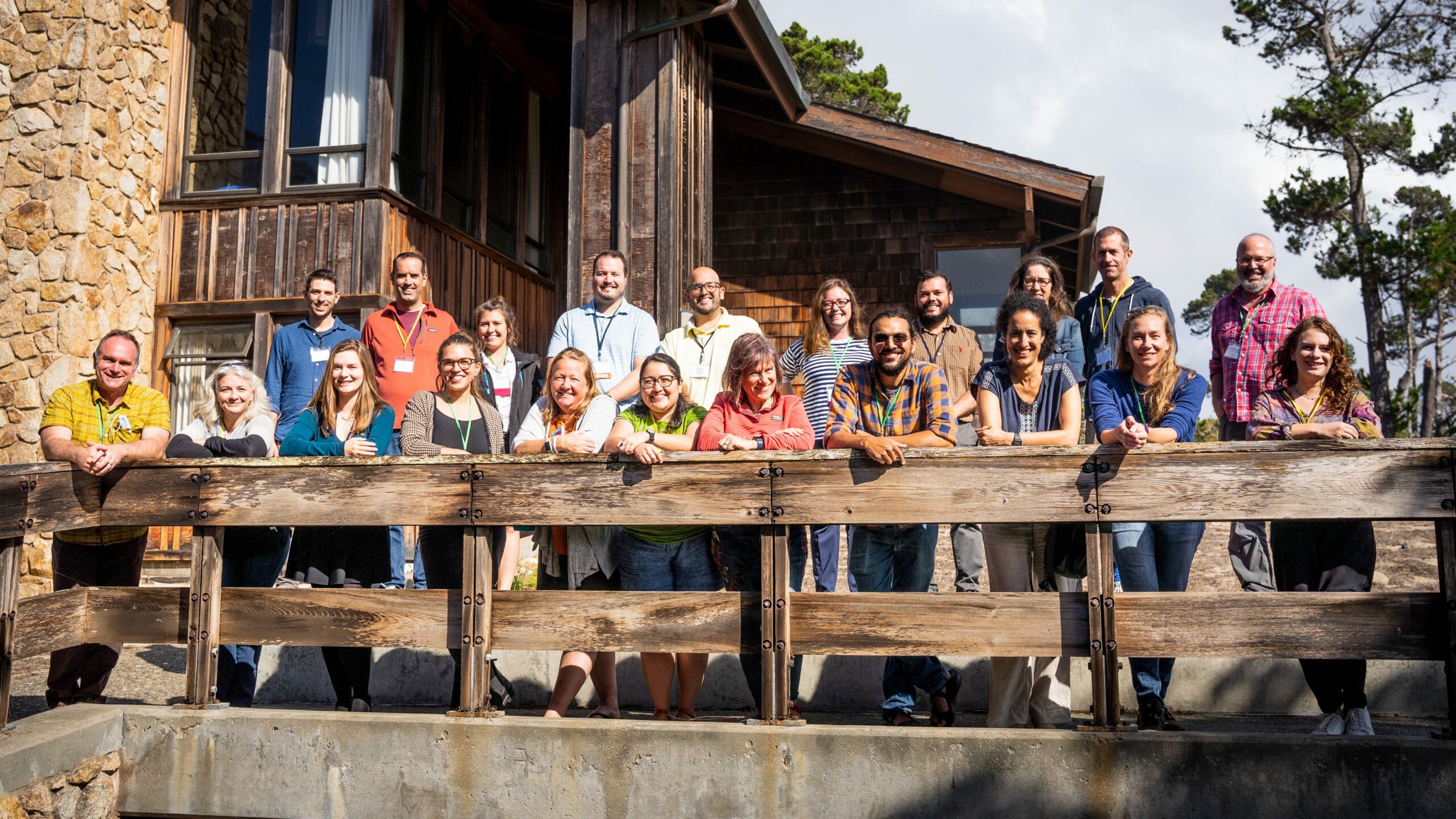
The LTER DEIJ committee would like to invite anyone from across the LTER Network who has a shared interest to join our Working Groups! Each Working Group is oriented around a specific set of objectives, detailed below, but require a certain critical mass of participants in order to function. You do not need to join the DEI committee to participate in a working group. We especially would like to extend this invitation to early career scientists including graduate students and postdocs who would like to have a say in DEIJ issues around the network. Please contact our DEIJ committee chair, Nameer Baker (bakernam@msu.edu) if you would like to join a Working Group!
LTER DEIJ Committee Working Groups
Resources
The Resources WG collects DEIJ-specific resources and best practices from the literature as well as from efforts undertaken across the network (like codes of conduct, diversity statements, land acknowledgments, etc.), and facilitates cross-site information sharing by disseminating those resources to individual sites.
Field and Community Safety
The Field Safety WG facilitates the production of effective, inclusive field safety plans at each site across the network. As the new NSF supplement requirement for each LTER to submit a Plan for Safe and Inclusive Field/Vessel/Aircraft Research goes into effect this WG will be focused on helping sites fulfill this requirement using best practices.
Community-Building
The Community-Building WG is creating networks of community for scientists from historically-excluded backgrounds from across LTER sites, leveraging the network to provide the critical mass needed for a sense of community for LTER folk that would otherwise struggle to find such an environment in their home site.
Fundraising
The Fundraising WG collects and disseminates funding opportunities for DEIJ efforts that are well-suited to the strengths of LTERs or the LTER Network, and also facilitates multi-site proposals in response to select calls (REST, RaMP).
Addressing complaints, conflicts, and inter-personal issues
Being inclusive requires having ways to address the inevitable conflicts and problematic behavior that occurs within the community. This committee focuses on the range of complaints not covered by Title VI or IX. It aims to assemble information on the approaches currently in practice across the network, and explore creative solutions to fraught interpersonal dynamics.
DEIJ Climate Surveys
The DEIJ Climate Surveys WG is collecting best practices for assessing DEIJ climate at field stations, with the goal of facilitating network-wide climate surveys that can be tailored to individual sites.
Assessment
The Assessment WG is collecting methods for evaluating DEIJ efforts in a quantitative manner that fit NSF’s desire for best-in-class DEIJ programs to possess effective methods for assessing their progress towards their stated objectives.










